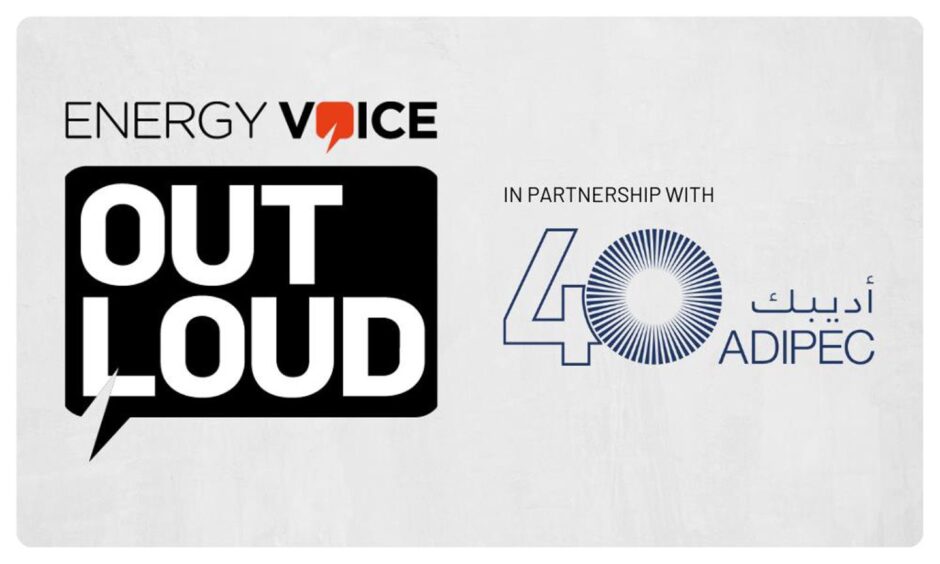
Talk of the energy transition and the need to decarbonise tends to focus on production, but the other side of the equation – demand – must not be forgotten.
Talking to Energy Voice Out Loud, on the new Road to ADIPEC series, Charlie Tan, CEO of the Global Impact Coalition (GIC) set out the importance of the chemicals industry. The GIC aims to help companies develop and spin-out sustainability projects in the chemicals sector.
“It’s the second highest emitter of CO2 in the world”, he said, noting that tackling its emissions would be “one of the key factors in helping the world reach its climate goals”.
Chemicals use hydrocarbons as both a source of heat and power, but also as a feedstock. Progress can be made on the latter via work on plastic circularity.
Securing commitments from companies, and their boards, makes it “a lot easier to be able to justify the business case, to secure the third party investment, to really understand the mechanisms of what you’re looking to do”, Tan said.
Suez recently joined the GIC, the CEO noted, highlighting the company’s importance in the circular economy.
The case for tackling emissions for sustainability is clear, but there must also be a way to make it economically viable. If the sums don’t add up for cleaner chemicals, companies will not go ahead with plans, particularly outside the Global Impact Coalition’s heartlands.
The group is dominated by European partners currently, with some Japanese and US interests. Tan made it clear that the plan is to grow geographically, but also from a “value chain perspective”.
To bring companies together to tackle big projects requires an early understanding of the “rules of engagement”, Tan said. This allows companies to determine where they are willing to operate in the same space and share information – and also where they are not.
“There’s not an expectation that all companies have to be able to work together on all problems,” he said.
Finding finance
One point of innovation is around finance. “Innovation in how we approach blended finance for pushing these crucial technologies, or projects, through to actual steel in the ground is very important,” he said. Tan will be talking at ADIPEC on the topic of blended finance, on November 5.
Innovation from GIC’s big company backers is marked by internal competition for capital as much as external. Being able to compete is “very important”, Tan continued.
One way to pursue this would be through “adopting actually a clean-sheet approach to cost discipline”. The GIC official went on to say that “a revised operating model, a top down motivational engagement and government structure … can promote taking action on innovations”.
ADIPEC will take place in Abu Dhabi on November 4 to 7. This is the first episode in the Road to ADIPEC series.
Recommended for you

